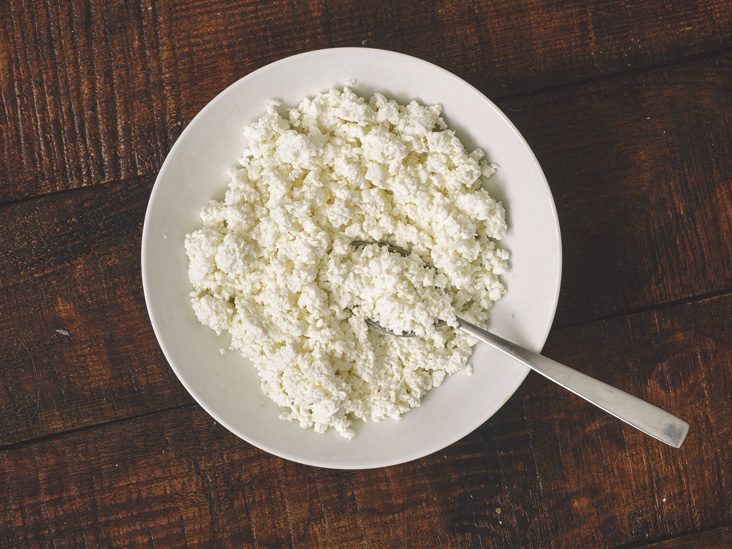Cottage cheese
Jílek Matyáš
Cottage cheese is an unripened cheese obtained by acid coagulation of milk.
Types of cottage cheese
We usually find in the shop - curd cottage cheese and hard cottage cheese.
What is the difference between them?
When coagulated only with lactic acid, we get hard cottage cheese. If we also use rennet during curdling, we obtain curd cheese.
According to the fatness of milk, cottage cheese is divided:
- defatted (0,1 % fat)
- low fat (to 1% fat)
- semi – bold (to 5% fat)
- fat (over 5% fat)
Minerals and vitamins in cottage cheese
- Calcium - 250 mg of calcium per 100 g of cottage cheese
- Phosphorus
- Potassium
- Copper
- Zinc
- Magnesium
- Of the vitamins it contains A, E and B
- Cottage cheese contains a large number of proteins
Why is cottage cheese so special?
- Is easily digestible
- Due to the content of vitamin B it has a positive effect on the nervous systém
- It does not contain any additives or dyes that adversely affect health
- Due to the large amount of protein, it has a good effect on liver cells and human growth
- It has a positive effect on bone formation
- It has a low energy value but a high nutritional value
- Suitable for diets due to its composition (little fat, a lot of protein)
Cottage cheese as a homeopathic remedy
- Cottage cheese in the form of a wrap reduces swelling, cools the affected area and reduces heat and pain
- Cottage cheese wrap is most often used for:
- sore throat, fever, sore throat, inflammation of the finger, inflammation of the eyelids and conjunctiva, muscle and joint pain
Can anyone eat cottage cheese?
- People who are prone to obesity should only eat low-fat cottage cheese
- It is also not recommended for problems with hypertension
- Due to the high protein content, it is not recommended for people suffering from kidney disease


